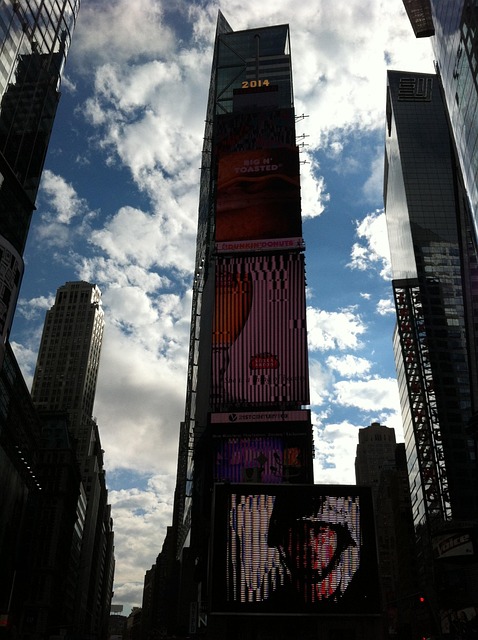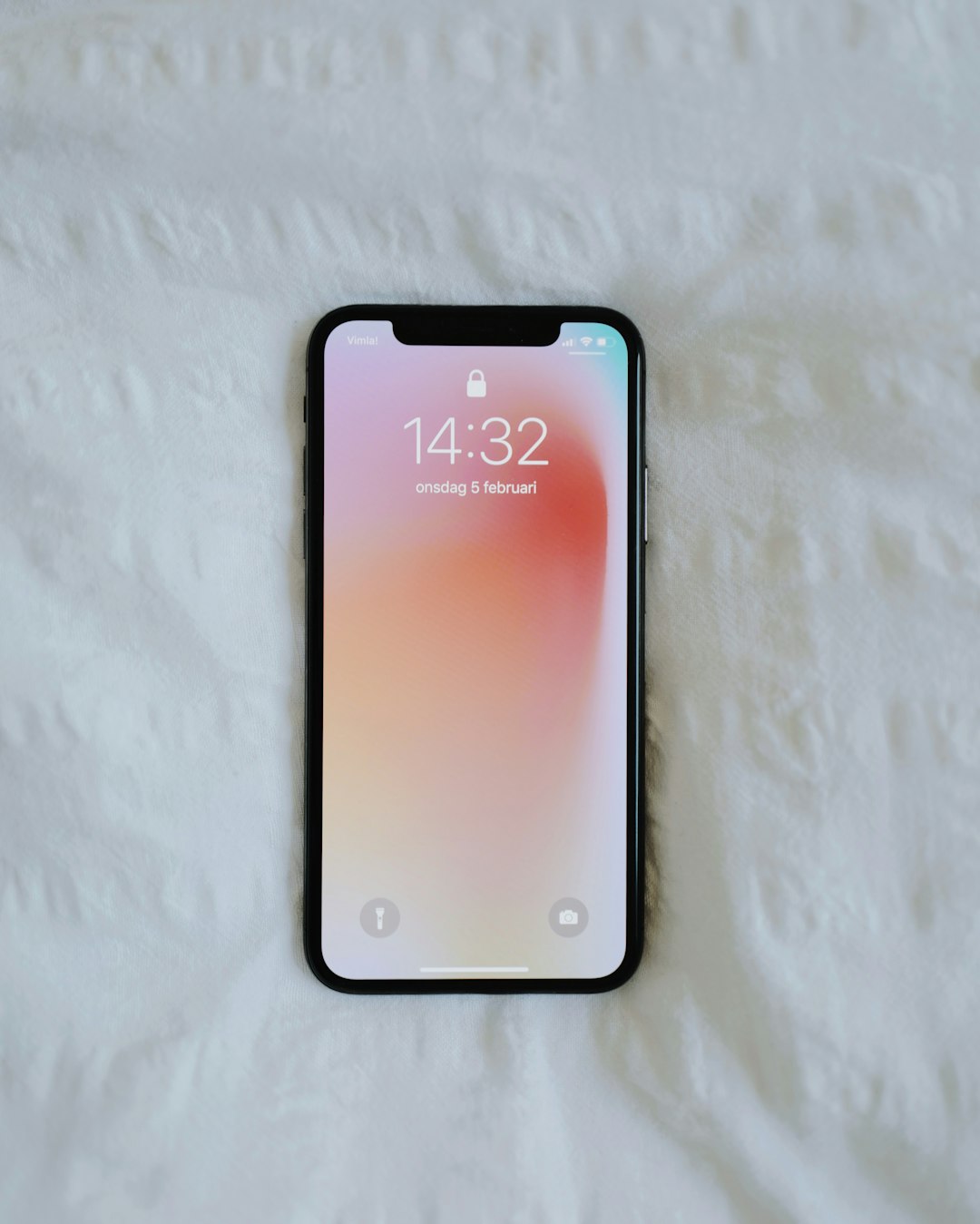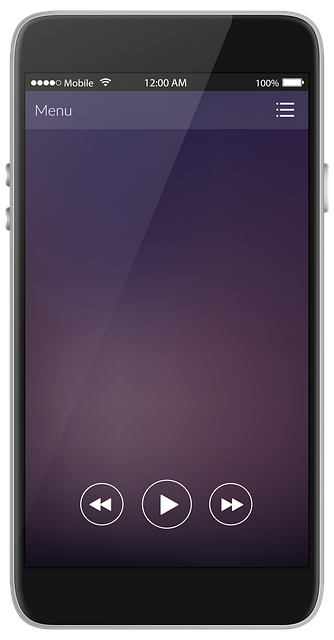Poughkeepsie, NY, with its high legal services density and vulnerability to phone fraud, serves as a unique testing ground for new call authentication tech aimed at spam calls. Local law firms are leading these efforts, refining solutions to protect citizens under New York's stringent Spam Call laws. This proactive approach not only bolsters local security but also influences future legislation, impacting not just Poughkeepsie, but nationwide privacy protections for law firms and consumers.
“Poughkeepsie, a vibrant city in New York, has emerged as an unlikely testing ground for cutting-edge call authentication technology aimed at curbing spam and robocalls. With the recent implementation of the stringent Spam Call Law in New York, understanding the local communication landscape is crucial. This article explores how Poughkeepsies serves as a pivotal location for developers to test and refine their solutions, addressing the region’s unique challenges while shaping the future of call authentication against persistent spam threats.”
Poughkeepsies as a Testing Ground for Call Authentication
Poughkeepsie, a vibrant city in New York, has inadvertently become a testing ground for new call authentication technology, thanks to its unique demographics and the prevalence of legal services. With a large number of law firms operating within the area, the city is no stranger to phone fraud and spam calls targeting vulnerable residents. This has driven the need for more robust call authentication methods to safeguard against these malicious practices.
The local community’s experience with such issues provides an ideal environment to trial and refine new technologies designed to verify caller identity. This proactive approach not only enhances the security of citizens but also plays a crucial role in shaping future legislation, including potential updates to the Spam Call law firm regulations in New York State.
– Exploring the city's role in combating spam calls
Poughkeepsie, a vibrant city in New York, has emerged as a significant player in the battle against spam calls. With a growing awareness of the impact of unwanted phone calls on individuals and businesses, the city has taken proactive measures to combat this persistent issue. Local law firms in Poughkeepsies are at the forefront of testing and implementing new call authentication technologies designed to curb spam. These innovative solutions aim to verify caller identity, ensuring that only legitimate calls reach recipients’ phones, thus significantly reducing the volume of spam.
By participating in these trials, Poughkeepsies contributes to a nationwide effort to enhance privacy protections under the Spam Call law. The city’s role is pivotal, as it provides a real-world testing ground for technologies aiming to streamline and fortify call authentication processes. This collaborative approach promises to deliver more effective solutions, making calls safer and more secure for everyone in New York and beyond.
– The legal landscape in New York and its impact on call authentication testing
In New York, the legal landscape surrounding spam calls is stringent, with strict regulations in place to protect residents from unwanted and deceptive communication. The state’s robust consumer protection laws have significantly influenced the testing of new call authentication technologies. With a focus on mitigating nuisance calls and ensuring transparency, New York has become a pivotal testing ground for innovative solutions aiming to combat spam calling.
The State’s Attorney General actively enforces laws against fraudulent and abusive telephone practices, underscoring the need for rigorous testing in this domain. As such, Poughkeepsie, known for its legal expertise and thriving law firm community, offers an ideal environment for evaluating call authentication tools. Local businesses and residents are increasingly affected by spam calls, making it crucial to implement effective authentication measures and fostering a collaborative atmosphere for technological advancements to address these challenges.






